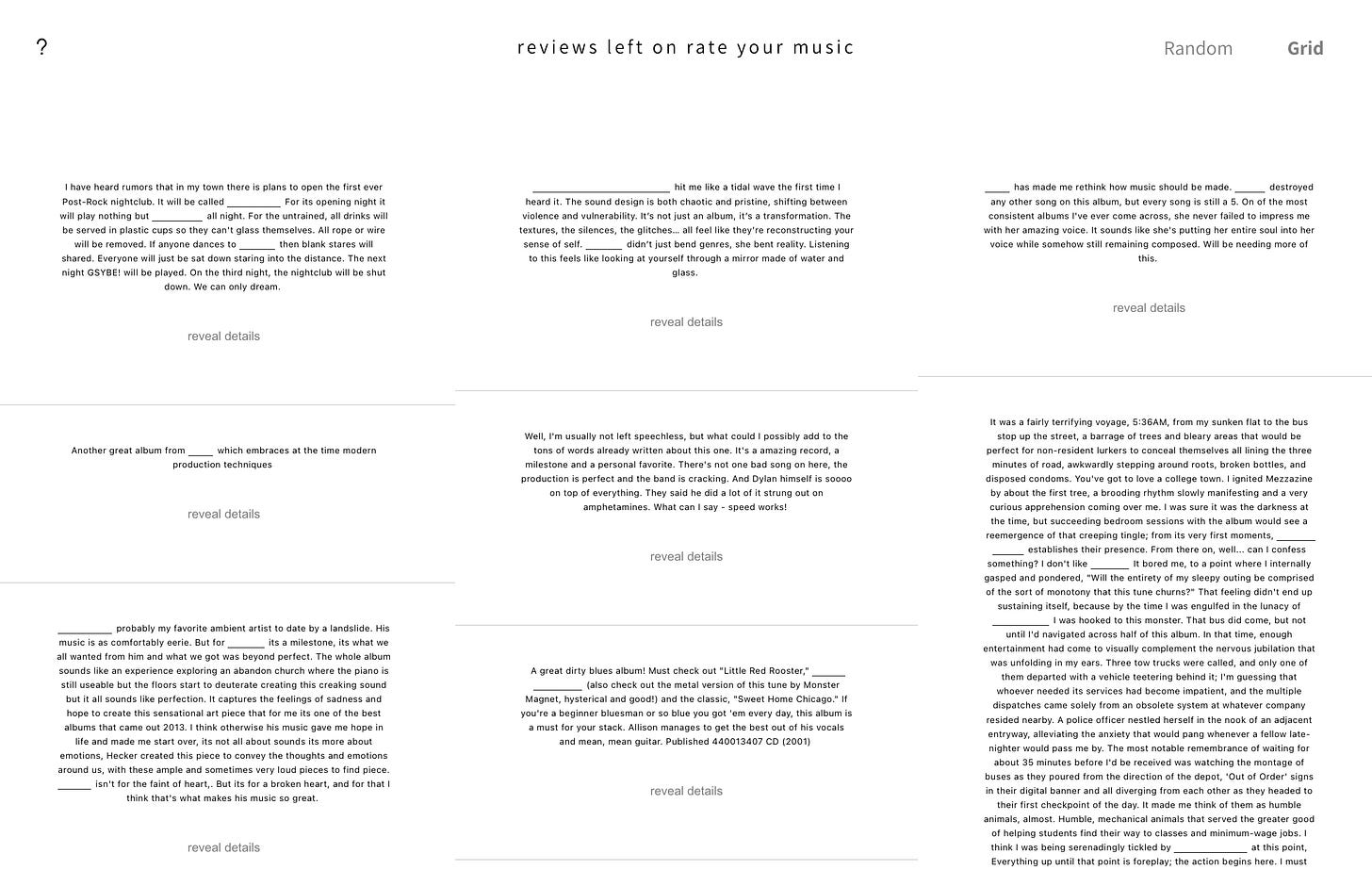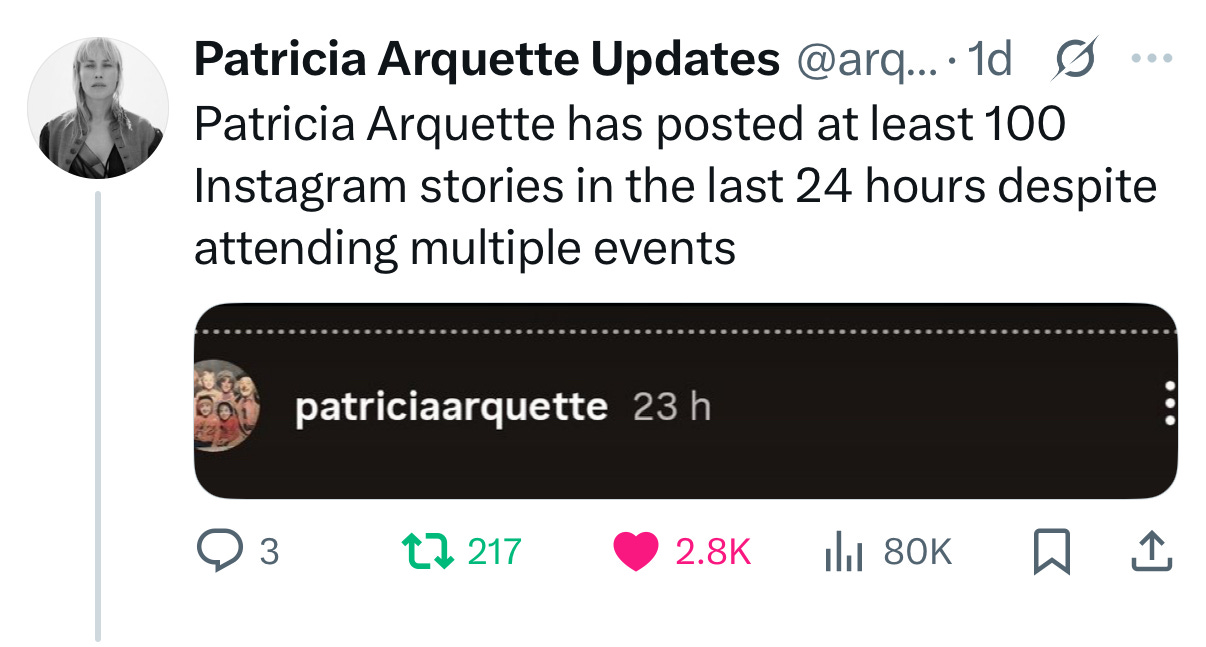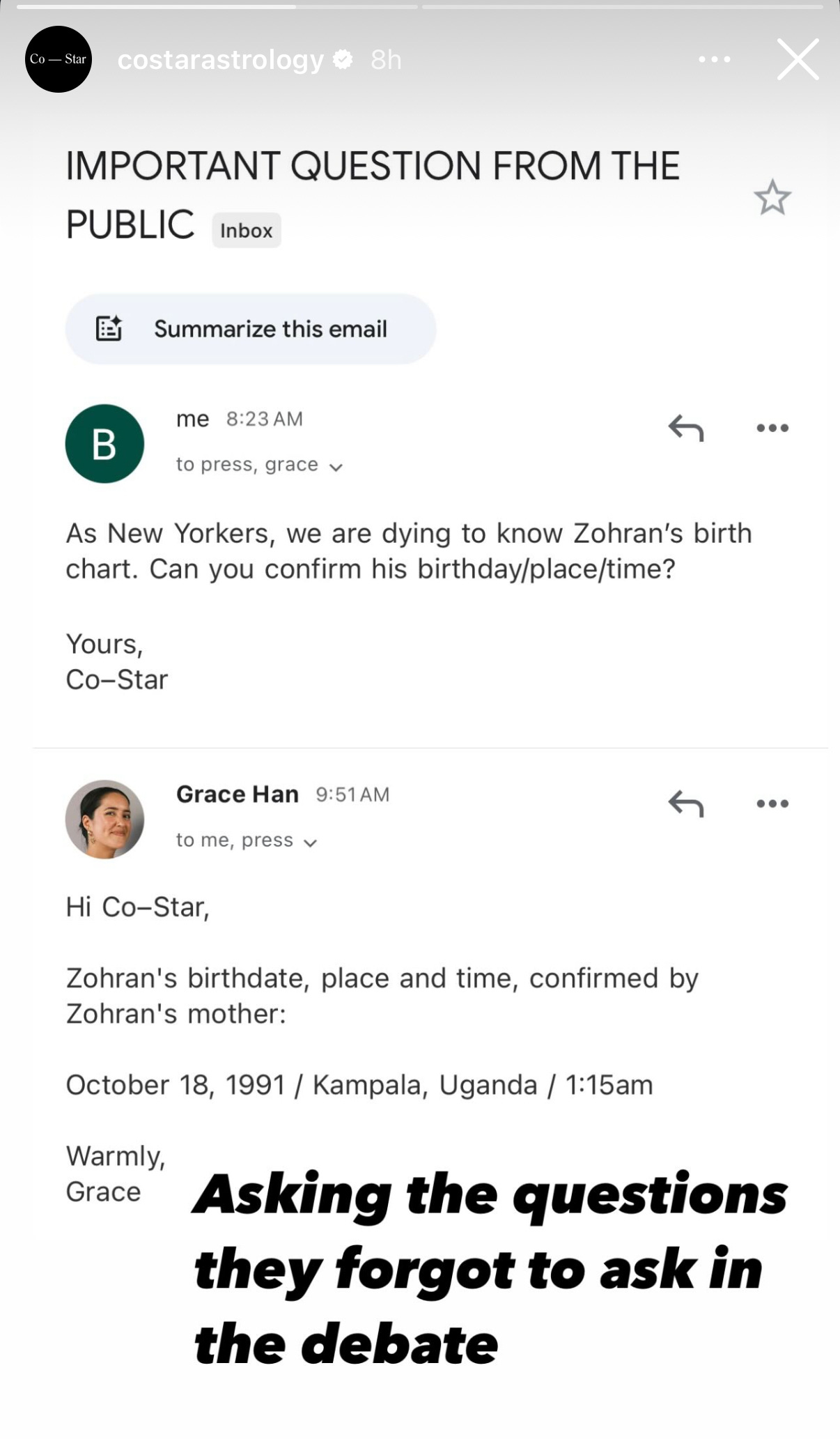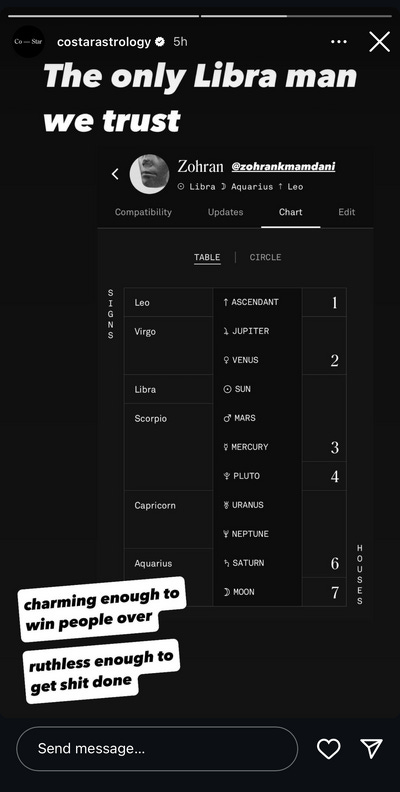This website embraces the messiness of personal music reviews
Alison Kim's project "reviews left on rate your music" encourages intentionality and spontaneity in the era of algorithmic curation.
Today’s issue of PHONE TIME includes: a conversation with Alison Kim about “reviews left on rate your music.” Plus, the regular roundup of internet-related news.

Last summer, as Spotify users noticed they couldn’t stop hearing Sabrina Carpenter’s song “Espresso,” conversations about algorithmic recommendations, which have been bubbling up for years, took on new immediacy. I recently listened to this episode from “Close All Tabs”—host Morgan Sung uses the “Espresso” moment as a lens into the world of Spotify’s playlists, editorial decisions, and recommendation algorithms, interviewing Liz Pelly, author of the book “Mood Machine: The Rise of Spotify and the Costs of the Perfect Playlist.”
Amidst frustration with algorithmic curation, I’ve also been interested in how people across disciplines are choosing to be extra intentional in how they interact with art and media. So I was especially excited to talk to software engineer Alison Kim about “reviews left on rate your music,” a project that emphasizes personal reviews of music albums, in all their messiness.
The website brings you selected music reviews from Rate Your Music, with identifying information like song and album titles obscured until you choose to reveal them. Our conversation also touches on personal expression online and the importance of archiving the web.
This interview has been edited for length and clarity.
PHONE TIME: How did you come up with the idea to start “reviews left on rate your music”?
ALISON KIM: I think that there are a lot of different ways in which algorithms will try to suggest or even tell you what kind of information you should be exposed to. Obviously, there have been a lot of discussions around how that can be an echo chamber or that people experience these recommendation algorithms in a way that’s not great at all. So I’ve been really interested in how people find access to information that expands their worldview, without these personalized algorithms.
Something I personally resonate with is others’ relationships to specific art forms, in this case, music. This is also where these really genuine, raw, and vulnerable sides of the internet can really come to life.
PHONE TIME: The website seems very intentional in its layout and style. Walk me through the design choices you made.
KIM: When people interacted with the site, I didn’t want them to immediately know the name of the artist or album the review was of. People have to take the intentional step of clicking on the reveal to show what specifically the person is talking about.
If we don’t know a specific type of music or album, we can kind of just scroll past and say “Well, I don’t know this, so this doesn’t apply to me.” I wanted people to be a little more intentional and open-minded and maybe check out new music they hadn’t been exposed to before. I wanted to get a really good range of music represented. I didn’t want it to all be pop or conglomerate around a specific decade or decades.
On Rate Your Music, it gives you a list of the top 40 genres. If you click on each one, it gives you the top 10 most highly rated albums. So I scraped the top 10 albums of the top 40 genres represented. Then I did 16 reviews from each album.
PHONE TIME: Did you notice any patterns or things that stood out to you in people’s reviews?
KIM: The default on Rate Your Music is supposed to be that when you click on an album, you’ll see the top-rated reviews. However, there are some albums that go in chronological order. That kind of created inconsistencies with the kinds of reviews I wanted presented.
I only say that because I was looking for reviews that were the most upvoted. Mostly because they often show a level of intentionality and deftness or funniness that I really wanted to showcase.
Some of the reviews, especially the ones selected based on recency, are not as intentional or fun, but I like that there’s a diversity of review types. But generally speaking, I wanted to collect texts that were very meaningful and personal to that person’s life.
PHONE TIME: What’s the overall reaction to the site been like?
KIM: Generally speaking, I think people have really liked it. People have told me that the website led to them checking out a specific album they didn’t know about. That’s ultimately what I want people to get out of this experience. I want websites and technology in general to help expand the self, rather than contract it. That means opening yourself up to new information, new relationships with certain types of art forms.
PHONE TIME: Has doing “reviews left on rate your music” inspired any reflections about your practice in general? How about ideas for other projects?
KIM: I was thinking about making an addition that’s straight from Letterboxd with movie reviews—similarly, there are specific people that write reviews that are very meaningful. When I say meaningful, it doesn’t have to be super movie analytical, providing an in-depth analysis. It can also just be something extremely personal.
I’m still trying to find my footing in the kinds of websites that I want to make. But I think "reviews left on rate your music" is maybe a non-traditional type of website, and for me, it really reflects my personal philosophies and the types of writing, content, form, expression of self that I want to see more people engaged with.
I also believe that Instagram specifically has a way of curating a definition of the self that can oftentimes feel very egotistical and performative. From exploring around the web, I really resonate when people are ultimately driven by their own emotions to express themselves in ways they find meaningful. Oftentimes, you can tell these things are not contrived, and that if a person wrote paragraphs and paragraphs to review this album and talk in depth about how much it means to them, they’re doing it from the heart. I really do like that. It harkens back to earlier days of the web where human expression wasn’t as contrived and kind of pays homage to that.
I have a couple of projects that lean more on the political spectrum. One of the things I’m thinking a lot about is archives and maintaining websites. A lot of times old websites—which you don’t know when you’ll lose access to—will oftentimes evoke or represent a specific type of information that is part of a greater political project.
I’m digging through some archives I requested on Korean and Korean American history. I’m Korean, so this has become something important to me in the sense that there’s a lot of Korean and Korean American representation and forms of content, specifically in the past five years, maybe because of the rise of K-pop in Western culture and media. Something that I really want represented more on the internet is Korean political education history. So I’m currently working on a project collecting a lot of archive materials, as well as websites, which I want to maintain and steward.
Elsewhere online
Anthony Po, who organized the original Timothée Chalamet lookalike contest, also hosted the Zohran Mamdani lookalike contest, which was organized by Hot Girls for Zohran. “I declined hosting any lookalike competitions after the Timothee Chalamet one—even when A listers reached out. But I just hosted one for Zohran Mamdani. VOTE FOR THE 🐐,” Po wrote on X.
Co-Star reached out to Mamdani’s press team asking for his birthday, place, and time in order to figure out his birth chart.
Patricia Arquette loves an Instagram Story.

“Wikipedia Pauses AI-Generated Summaries After Editor Backlash”—Emanuel Maiberg, 404 Media.





